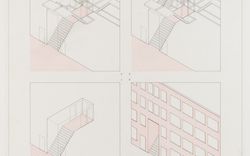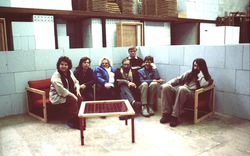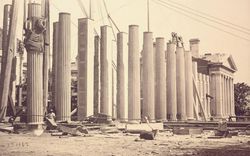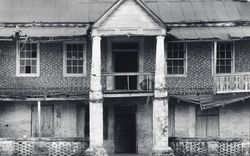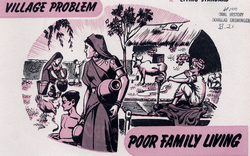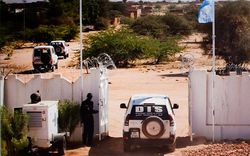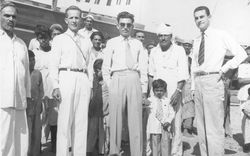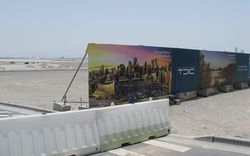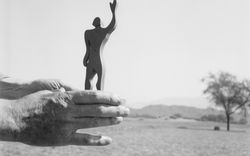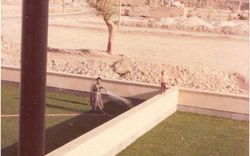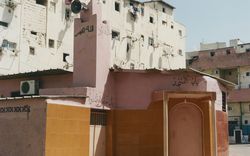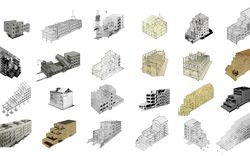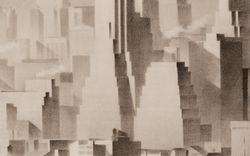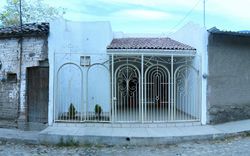The International Development Expert
Text by Tom Avermaete and Maristella Casciato
“Urbanization has created problems of great magnitude and complexity that have gone beyond the capacity of individual experts. Teamwork is needed, and teams operate better if they consist of different specialists applying their skills for a common objective. What we hope to produce is not a new profession, but a new kind of training which makes members of the existing disciplines conscious of urban growth problems and trains them for cooperation in effective teams.”1
In these terms Otto Koenigsberger described the emergence of a new kind of expert that had started to populate the networks of transnational planning in the post-war period. The internationalization of development aid was accompanied by the emergence of the “international development expert,” who in many instances had simply switched sides; from working for the interests and from the perspective of a single imperial capital they now came offering a sublimated notion of multinational assistance to the Third World.2 In other cases, such as for the American expert Jacob Crane, domestic experiences with poverty and reform during the 1930s became central to the approach of international organizations like the Technical Assistance Administration (TAA).
Almost all former colonial territories were experiencing urban growth at unprecedented rates, usually resulting in widespread informal urbanization. Often already tense due to the way national boundaries were drawn, this process of urbanization could quickly exacerbate ethnic conflicts, leading to major internal refugee problems. To face these challenges—and given the lack of indigenous planning expertise—architects and urban planners functioned in international teams of development experts, working transnationally as well as transdisciplinarily.
Indeed, development in much of the Global South, through countless plans and projects, created a need for a newfangled design expertise—one that combined social, economic, technical and climate-related knowledge. In planning efforts legal specialists, economists and social scientists began working alongside architects and urban planners. The combination of these forms of expertise made sense given the comprehensive character of urban planning required. All projects for the built environment had to also accommodate larger cultural, economic and social issues of modernization. From these disparate plans and projects a new architectural and urban knowledge gradually emerged. All across the Global South architects and urban planners were building, and building with, this new expertise.
Maristella Casciato is an architectural historian and Senior Curator of Architectural Collections at the Getty Research Institute. This text was first published in Casablanca Chandigarh: A Report on Modernization, a book we produced in 2014.
